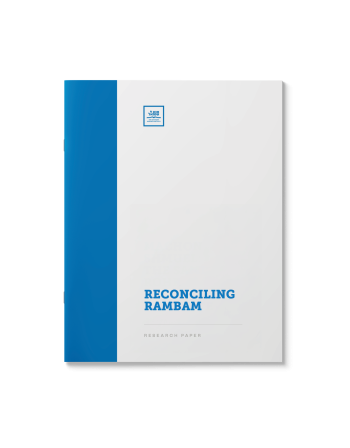Bones and Broomsticks: Sorcery in the Torah Part I
$39.00
Accustomed as we are to the world’s natural order, our notion of sorcery and other occult arts is accompanied by some level of fascination and intrigue.
How does the Torah explain the mechanisms used to achieve divination and witchcraft? More importantly, how do we reconcile the existence of evil forces that are capable of inflicting harm on humanity that was not ordained by Heaven?
Finally, how does one attain immunity against ominous spiritual realities?
| Language | English |
|---|---|
| Paper Type | Research Paper |
| Pages | 20 |
Related Products
If we believe that G-d is the ultimate good who does only good, why would we pray for a change to our fate? This paper solves the paradox between perfect belief in G-d’s benevolence and the centrality of prayer in Jewish belief.
Bitachon. It’s a powerful word; the absolute faith that G-d will always provide. From financial deals to health concerns, travel arrangements to hopes for the future – we trust that G-d only acts for the best. But how can we have Bitachon when we’re faced with a violent and dangerous world? When personal tragedy strikes, how can we continue to have faith? Where is the line drawn between Bitachon and folly? When one laughs in the face of nature, is he trusting in G-d or scorning G-d’s providence?
Our Sages teach that the passing of the righteous serves to pardon the misdeeds of the generation. Does actual penitence on the part of the people play any role in the forgiveness that is granted? Is this associated, in any way, with the date of the passing of the righteous individual?
Love is not bound by time. Even after a loved one passes on, they continue to live on in our hearts; we treasure the memories of the times we spent together and immortalize them through noble deeds.
But may we communicate with them after they’ve gone? The Torah (Devarim 18:11) instructs us to avoid all occult arts, such as sorcery, divination and necromancy. What are the details of these laws and what practical relevance do they have?
Related: Familial Bonds in the Hereafter and תפלה על קברי צדיקים
Table of Content
(21 PAGES)
Query from a Shliach in France
A thorough demystification of Gan Eden, lending clarity to an
oft-misunderstood feature of Jewish belief. This paper reaches into centuries
of literature to define what the purpose of Gan Eden is, what transpires there,
and what a person must do to gain entry to this exclusive realm.
In recent decades, thousands of Jews have gravitated to the East in pursuit of spiritual enlightenment. More recently, several Eastern Practices have been secularized, popularized, and repackaged as physical and meditative exercises. Does this make them kosher? Which practices are problematic and should be avoided? And what was the Rebbe’s response to the popularization of Yoga and Transcendental Meditation back in the ’70s?
(67 pages)
Submitted by a Shliach in New York
כי בצלם אלקים עשה את האדם. האומנם? והרי אינו שייך ציור גופני אצל הקב״ה ח״ו? להלן חקר ועיון תמציתי משלל הפירושים שנאמרו בזה על ידי מפרשי המקרא, הוגי מחשבת ישראל, ומאורי הקבלה והחסידות.
How did man come to possess the arts of the occult? What is the scope of their influence over reality? How were they transmitted and shared? Are they still in existence?
In what way are Kabbalistic practices to be distinguished from the occult? Our tradition tells of sages who used the secrets of Kabbalah to manipulate the powers of creation. Does this fall under the same rubric?
Related: Bones and Broomsticks: Sorcery in the Torah Part I
Life is an endless gauntlet of tests and challenges. Judaism teaches us that G-d never gives us a challenge we can’t surmount, but the question remains: why? Why does G-d continuously test us? What purpose does it serve? Can we not succeed without them? And how can we learn to thrive in the face of challenge?
The Rambam is known as the “Great Eagle” of Torah scholarship because of his incisive logic, brilliant analysis, masterful organization and a host of other attributes. But as inseparable components of Torah, synthesizing the halachic teachings of the Mishneh Torah and the philosophical positions of the Moreh Nevuchim, can be perplexing.
We present a review of the unique approach of the Lubavitcher Rebbe to the discrepancies between some of Rambam’s philosophical writings and traditional Halachic thinking. The Rebbe presents a coherent profile of a Rambam you may have not yet met.
How can we reconcile the fact that the length of a person’s life is predetermined by G-d and those behaviors that can shorten one’s life? Do we have any control over life expectancy? How much significance ought one give to medical intervention in terms of lengthening life?
מעיקרי האמונה הוא החיוב להאמין שהקב”ה מושלל הוא מגשם וציור גופני. אך האומנם זאת היא הדיעה המוסכמת אצל גדולי ישראל לדורותיהם? והאם ביכולתו ית׳ הבלתי בעל גבול להתלבש גם בדמות גופני? על שלילת הגשמות והנמנעות אצלו ית׳ בספרות החקירה והחסידות.


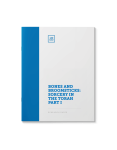
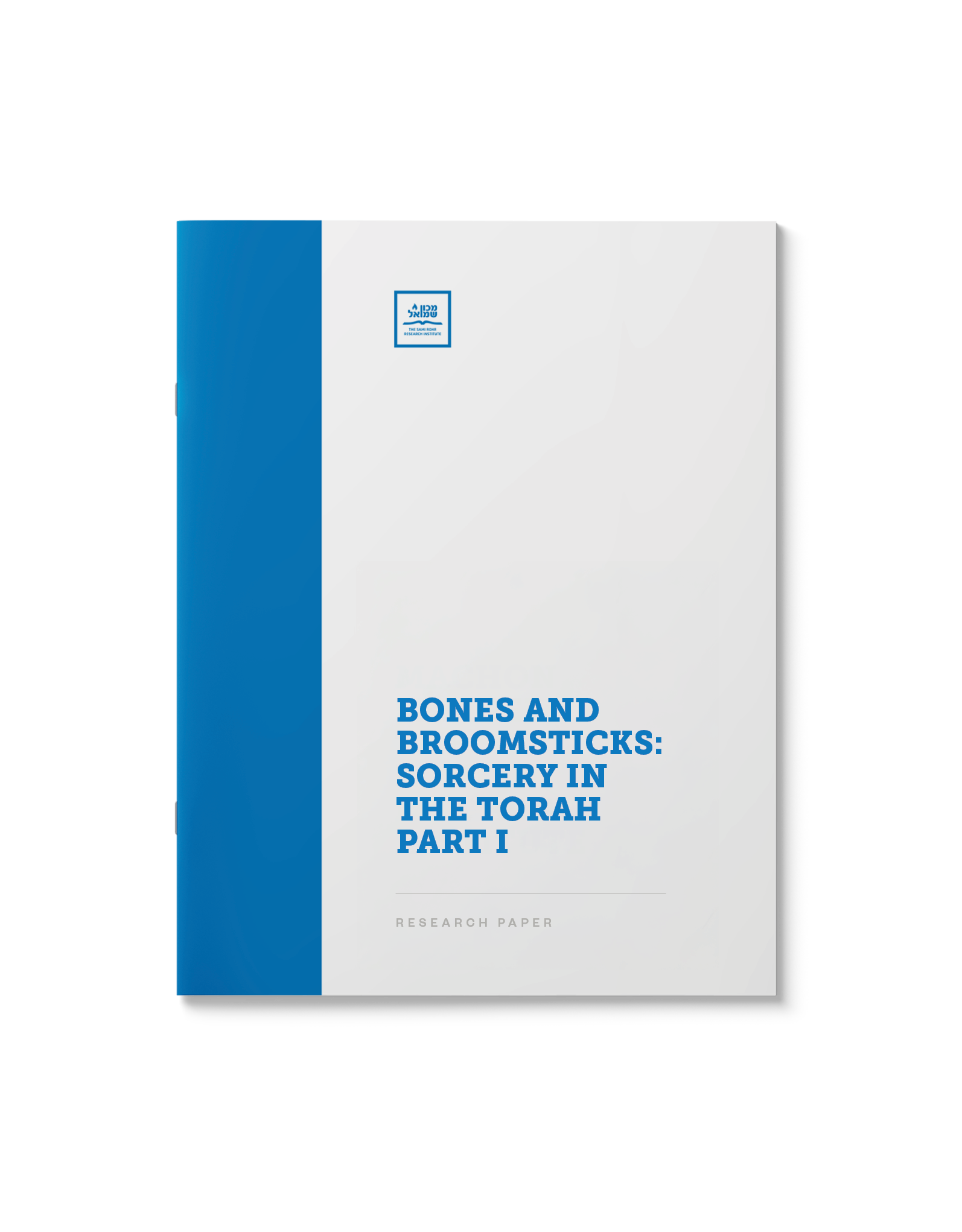
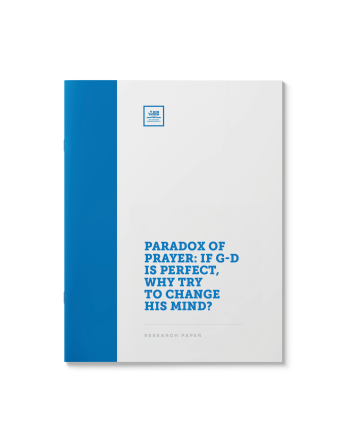





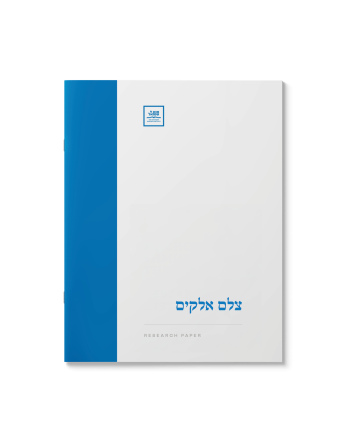
![Bones and Broomsticks: Sorcery in the Torah Part II [New!]](https://catalog.myjli.com/wp-content/uploads/2025/05/SAMSBAB-350x448.png)

